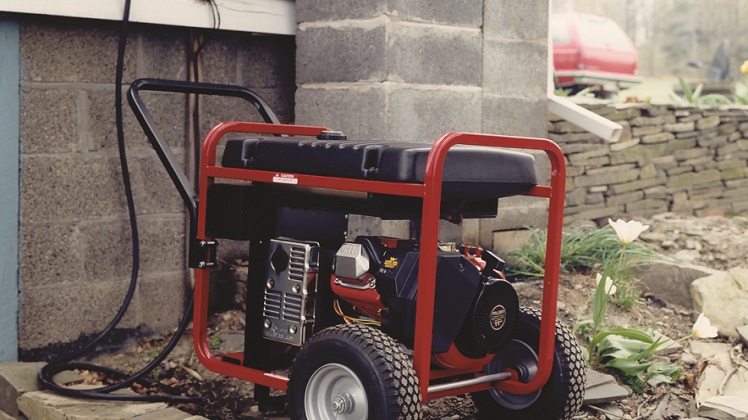Generator Safety

While useful, generators can be dangerous if not used properly.
Review these safety tips before using your portable or permanent generator.
- Read, understand and follow the manufacturer’s instructions.
- Don't run a generator indoors or in a garage.
- Operate your generator outdoors in a clean, dry, well-ventilated area and never indoors or in a garage.
- Generator must be properly grounded.
- After losing power, turn off the main breaker or pull the main fuse block.
- Generators that are directly connected to existing wiring systems must use double-pole, double-throw (DPDT) transfer switch.
- All electrical connections must comply with the National Electric Code (NEC).
- Do not overload generator with too many appliances.
- Use properly sized extension cords in good condition.
- You may be liable for damage or injury to people and property that may result from an improperly installed or operated emergency generator.
Permanent Generator Information
Permanent generators require additional consideration. They should be installed only by professionals. NEC and local code requirements must be met and double-pole, double-throw switch is a must.
Additionally, customers planning to install a permanent emergency should:
- Contact NYSEG to ensure that there is adequate natural gas pressure to operate a generator.
- Check (or be sure their contractor checks) with the municipality to see if a permit is required.
- Be sure to read, understand and follow all manufacturer’s instructions for safe operation.
More Information
Read our Generator Safety brochure
